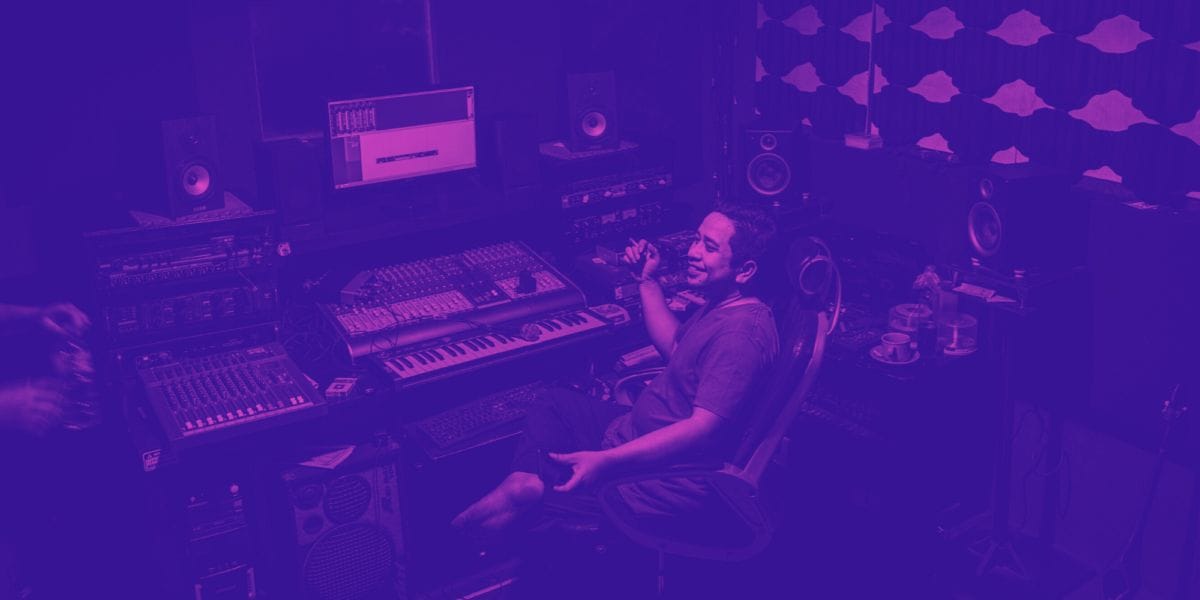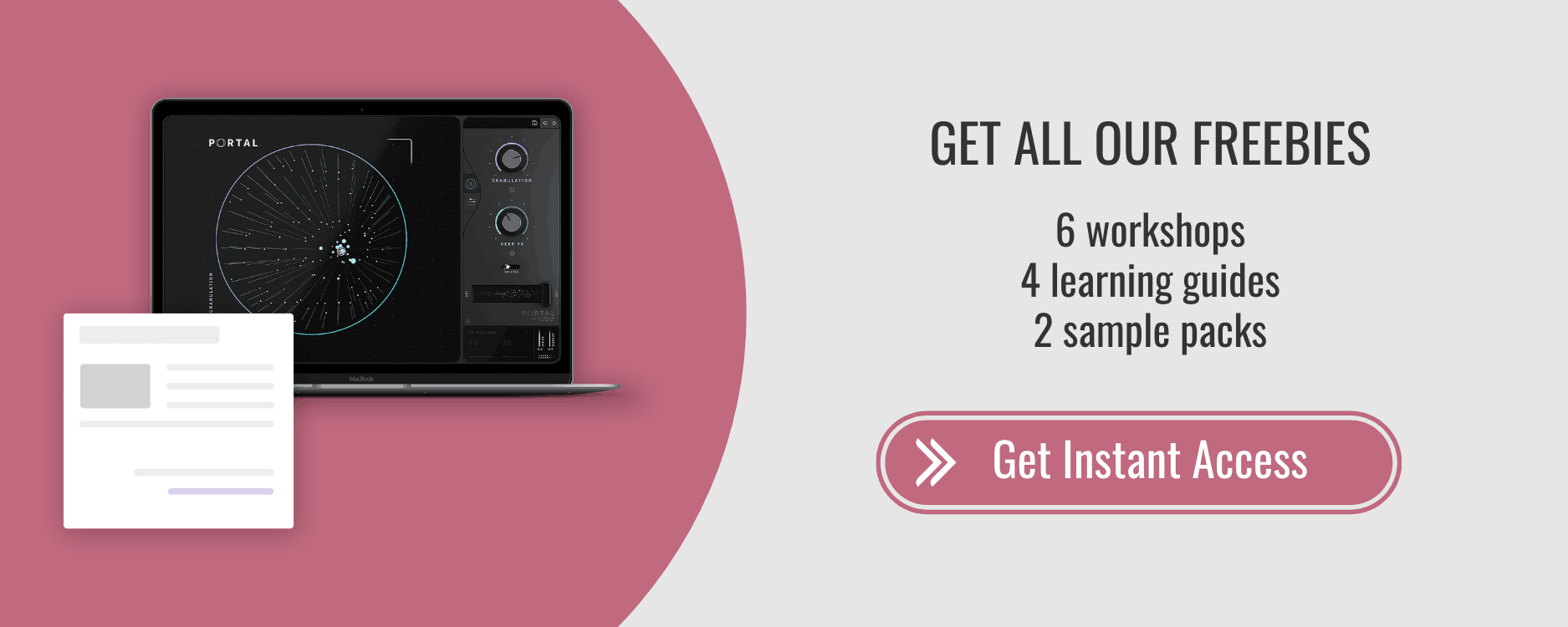8 Things You No Longer Need to Focus on as a Music Producer
"All of this can be done with a f***ing minimal amount of software"
— Deadmau5
We all know it. The game is changing, and it’s changing fast. It isn’t 2014 anymore - production strategies, social media strategies, and ways to get your music heard are constantly evolving. Some things that were common practices a few years ago are ineffective and irrelevant now, but many are unwilling to adapt or change.
But hey, I get it. It can be tough to stop doing things that used to be effective strategies not too long ago. That said, it is time to change and stay ahead of the curve.
Here are 8 things you no longer need to focus on as a music producer.
1. Facebook Likes
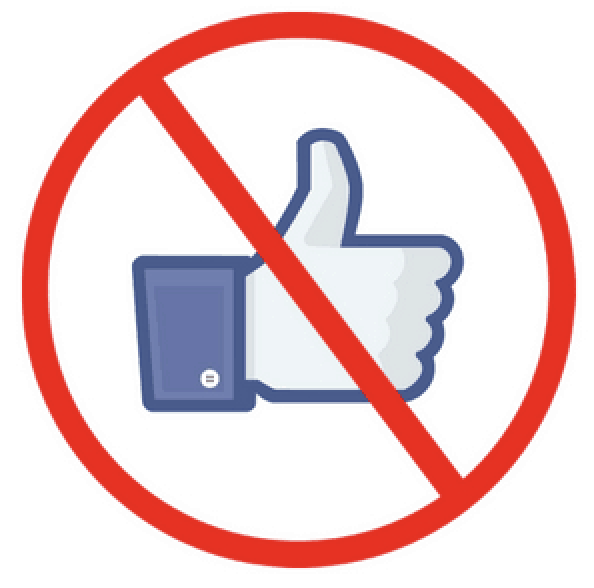
Do they help? Sure. Will having more Facebook likes hurt you? No. But, the number of Facebook likes you have is not an inhibitor to getting signed to great labels and booking great gigs. Take Rinzen, for example, who signed multiple tracks to Mau5trap and starting touring with Deadmau5 long before he had 1,000 Facebook likes.
So many producers who did Like-To-Download campaigns 3-4 years ago have inflated social media followings, and so those numbers are not reliable among producers for measuring true fans. Focus on getting your Facebook page to a ‘respectable’ number of likes - we recommend 1,000 likes as a starting point. Get 5 of your friends to invite a couple hundred people each to like the page and you should already be most of the way there - and then switch your concerns to creating and posting great content (and yes, that includes creating amazing sounding music).
2. Soundcloud
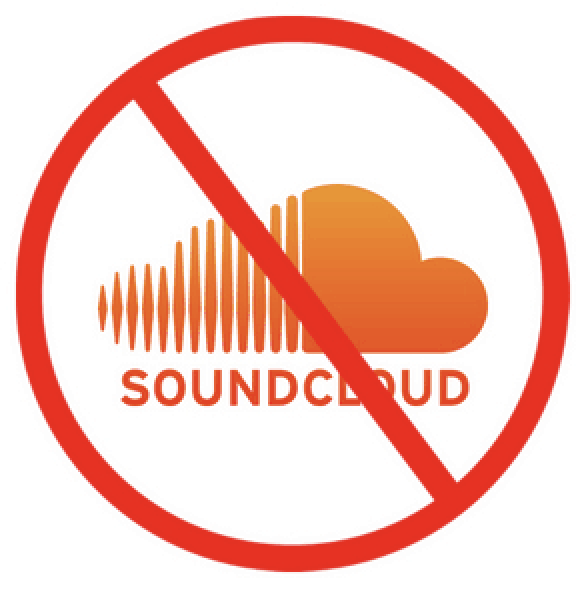
Soundcloud is becoming increasingly less relevant as a tool to reach listeners - more and more listeners are gravitating towards Spotify and Apple Music. To try to grow your fan base and to reach listeners, focus on building up your Spotify monthly listeners rather than your Soundcloud followers. Spotify monthly listeners is also a much more accurate way to measure an artist’s current popularity.
In the Hyperbits Masterclass, we teach some very specific growth strategies for Spotify including:
- Playlist aggregators
- Distribution companies
- Spotify Insights for Artists
3. Paid Soundcloud Reposts
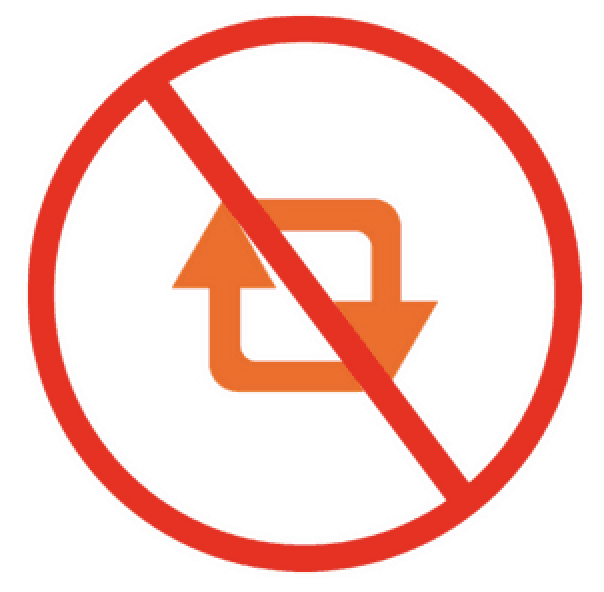
This echoes off point #2, but STOP paying for reposts on Soundcloud:
- Your reach will be exponentially lower than a few years ago off of the same reposts,
- A considerable percentage of followers on the paid repost accounts are fake accounts and...
- Soundcloud plays, again, are increasingly less relevant.
Plus, if you actually look at any of the paid Soundcloud repost networks, they are all desperately trying to build up their Spotify presence before Soundcloud bites the dust.
4. Excessive Loudness on your Masters
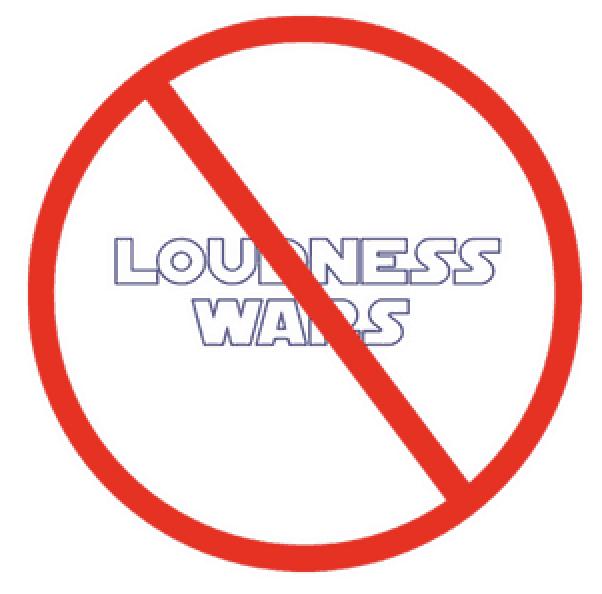
In 2017, streaming services incorporated LUFS measurements into their loudness algorithms. LUFS is an audio loudness measurement commonly used in radio and TV to effectively broadcast audio at consistent volumes.
What does this mean? This means that the “Loudness War” is over - any “loud” tracks are automatically turned down, and any “quiet” tracks are automatically turned up.
So, don’t worry about making your mixes and masters excessively loud by using extreme compression, crushing your dynamic range, and potentially distorting your quality - instead, maintain the integrity of your mix, preserve your dynamic range, and go for as clear a sound as possible without obsessing over loudness.
For an ultimate guide about loudness, check out our article about the end of the loudness war.
5. Copyright for DJ Mixes
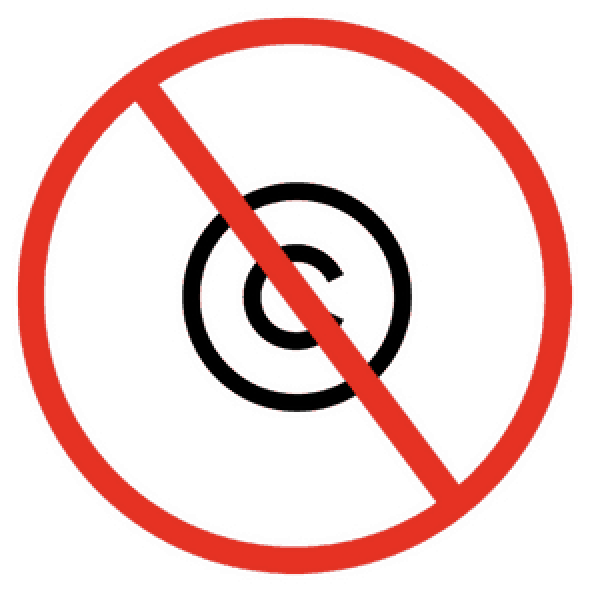
Facebook, Soundcloud, and Youtube are all improving the systems through which copyright owners get paid for streams. What this means is that less and less DJ mixes are getting taken down across these platforms for copyright violations.
So, if you want to post a DJ mix, chances are it will make it past the appropriate copyright requirements. Create a test account on each platform, and upload your mix to this account first to test it out. Leave it for a few hours, and if it doesn’t get flagged for copyright, you should be good to go to post it to your account.
But, just to be safe (specifically for Soundcloud), you can create a separate account for mixes and just repost them to your main account to protect your main account from any potential copyright violations.
6. Music Blogs
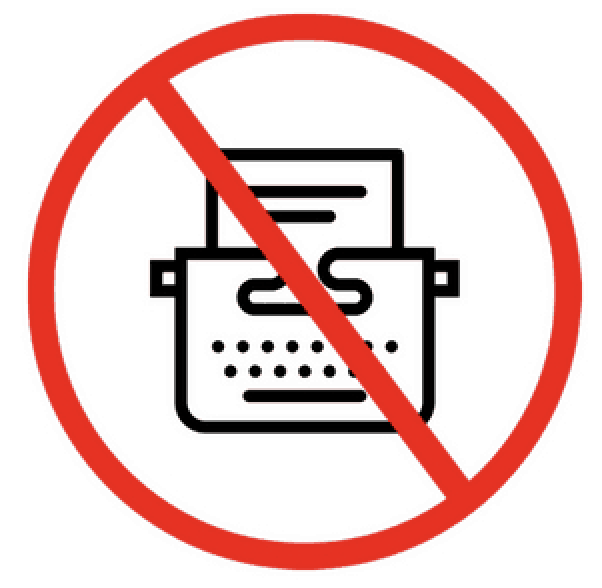
Music blogs are basically irrelevant now. Best case scenario, a post on a “big name” electronic music blog will result in a couple hundred plays. The only credible response and results being generated from blogs is through their Spotify, Youtube or Soundcloud channels.
There are a couple that still matter for the sake of having the resume builder (Billboard, Mixmag, Dancing Astronaut, maybe a couple others). That said, it is DEFINITELY still a good look if you can get your track hosted on their Youtube, Soundcloud, etc if they have bigger followings.
7. Twitter
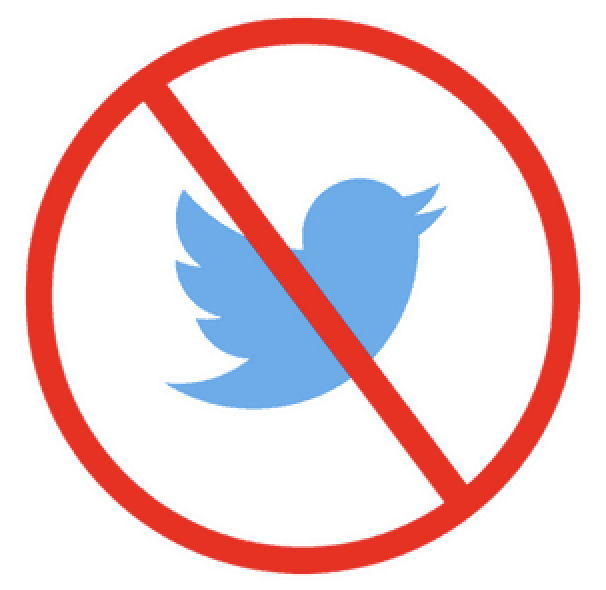
Is Twitter still important? Yes. But, not nearly as important as having great content across Instagram, Facebook, and other social media platforms. Twitter’s monthly active users have plateaued, while other social media platforms are still growing, and its user base is a fraction of Instagram and Facebook.
Kind of like Facebook, the goal here it to build up a “respectable” number of followers (1,000 is still a good number), and don’t stress too much about it from there.
8. Sound Design from Scratch
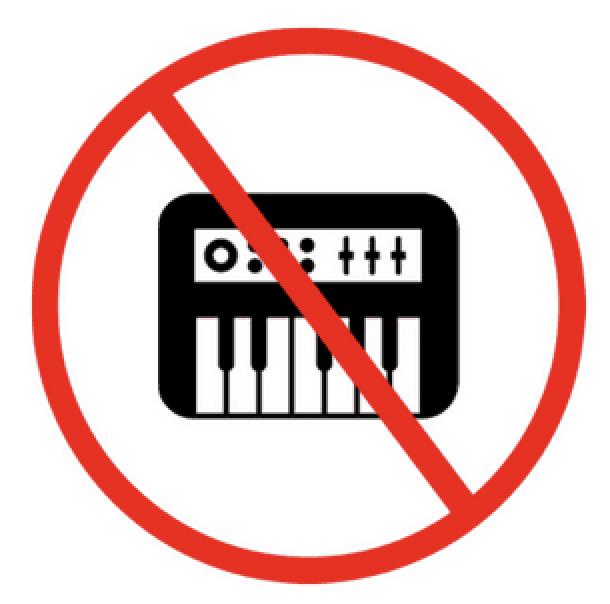
This is something we believe in strongly at Hyperbits HQ - you don’t need to build sounds from scratch. There are TONS of awesome sample and sound bank companies out there that literally build their business on designing amazing sounds.
Take some of these high-quality presets, tweak a couple things to make them your own, and focus more on layering and advanced processing chains and voila! You have your own, unique, high-quality sounds.
Final Thoughts on Things You No Longer Need to Focus on as a Music Producer
One of the things we love at Hyperbits HQ about electronic music is how quickly the landscape of electronic music evolves and changes. What we need to do as producers is stay ahead of the curve, recognize the new trends, and figure out how to continue to reach our listeners. Avoiding overwhelm is key. So stay focused on what actually matters.
How have strategies evolved over the past few years for you? What should we add to the list of things you no longer need to focus on as a music producer? Let us know in the comments.



